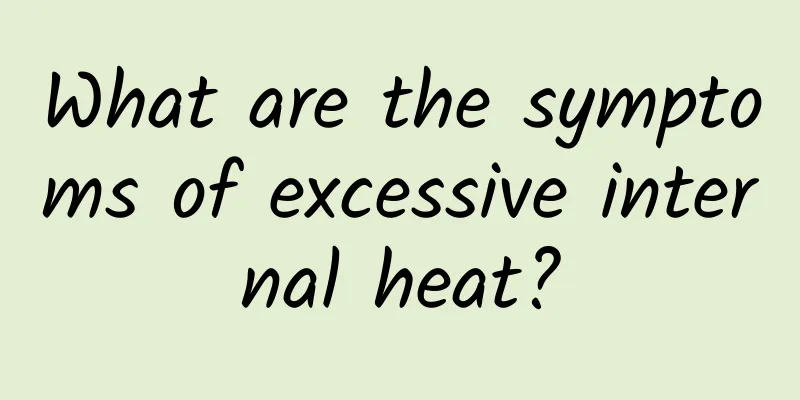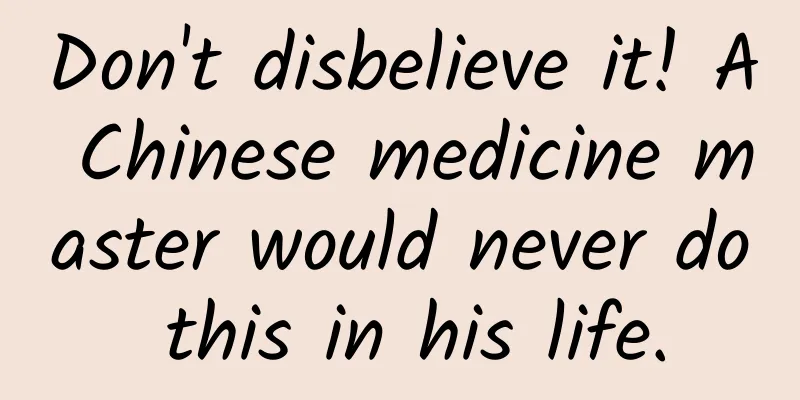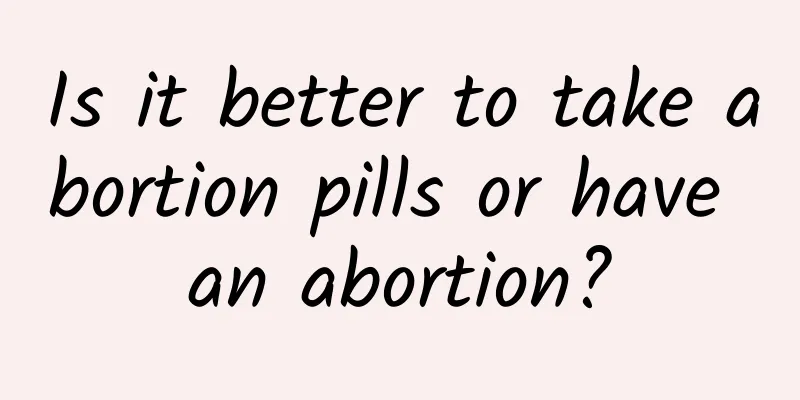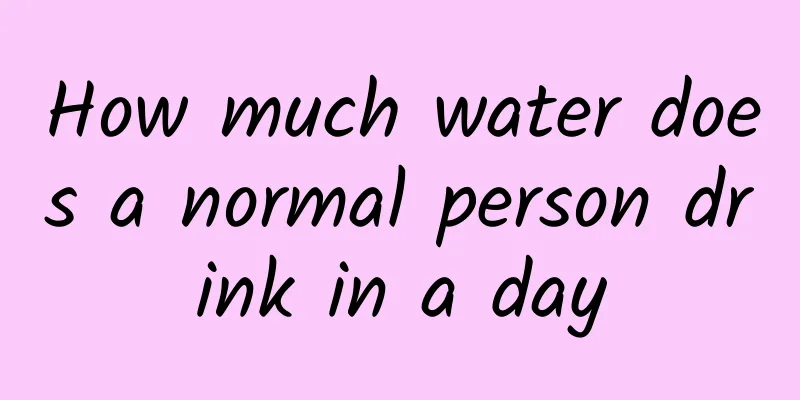Precautions for viral hepatitis in the elderly
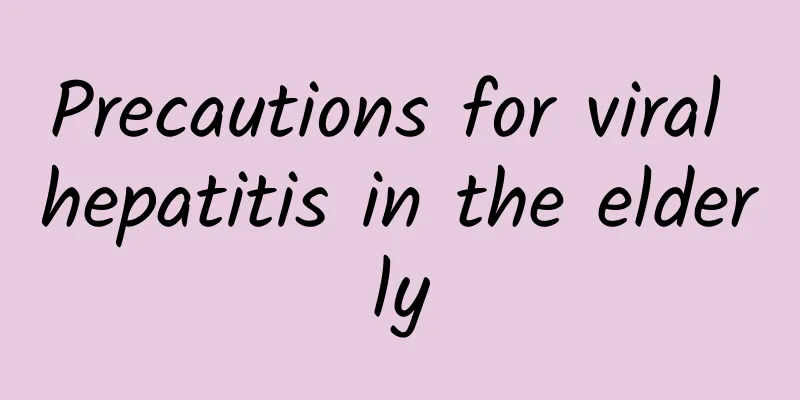
|
Viral hepatitis in the elderly is one of the diseases that are common among the elderly, and there are usually many precautions for viral hepatitis in the elderly. Viral hepatitis in the elderly needs treatment, and the general treatment is to use relevant drugs. In fact, in addition to drug treatment, there are still many aspects of viral hepatitis in the elderly that need attention in daily life, including life and diet.
Viral hepatitis is very common among the elderly, and it is quite painful for the elderly to suffer from viral hepatitis. This is because the elderly generally have poor physical fitness, so they often cannot withstand the torture of this disease, and the treatment effect is also relatively poor. Let’s talk about the precautions for viral hepatitis in the elderly. Viral hepatitis is an infectious disease caused by a variety of hepatitis viruses and characterized by liver lesions. The main clinical manifestations are loss of appetite, nausea, upper abdominal discomfort, pain in the liver area, and fatigue. Some patients may have jaundice, fever and hepatomegaly, accompanied by liver damage. Senile viral hepatitis is one of the common diseases among the elderly, and its incidence rate accounts for 8% to 10% of viral hepatitis patients. The characteristics of senile viral hepatitis are high incidence of jaundice, deep jaundice, and most patients present with obstructive jaundice. The incidence of severe hepatitis is high, and the mortality rate is high. Precautions Ensure adequate calorie supply, generally 8400-10500 kilojoules (2000-2500 kcal) per day is more appropriate. The high-calorie therapy for hepatitis advocated in the past is not advisable because, although high calories can improve clinical symptoms, they can eventually lead to fatty liver and worsen the condition, so the disadvantages outweigh the advantages. Carbohydrates generally account for 60-70% of total energy. The high-sugar diet adopted in the past should also be corrected, because a high-sugar diet, especially excessive glucose, fructose, and sucrose, will affect the patient's appetite, aggravate gastrointestinal bloating, increase fat storage in the body, and easily lead to obesity and fatty liver. Carbohydrate supply should be mainly through staple foods. In order to promote the repair and regeneration of liver cells, the protein supply should be increased, generally accounting for 15% of the total energy. In particular, a certain amount of high-quality protein should be ensured, such as animal protein, soy products, etc. Fat intake is generally not restricted, because hepatitis patients often have symptoms such as aversion to oil and loss of appetite. Under normal circumstances, there is no problem of excessive fat intake. Ensure vitamin supply. B vitamins such as vitamin B1, vitamin B2, niacin and vitamin C play an important role in improving symptoms. In addition to choosing foods rich in these vitamins, you can also take multivitamin preparations by mouth. Provide plenty of fluids. Drinking more fruit juice, rice soup, honey water, watermelon juice, etc. can accelerate the excretion of toxins and ensure normal metabolic function of the liver. Pay attention to cooking methods and enhance the color, aroma, taste and shape of food to stimulate appetite. Avoid fried or deep-fried foods and other highly irritating foods, and limit the intake of foods high in nitrogen extracts, such as broth and chicken soup, to reduce the burden on the liver. Eat small, frequent meals. High-quality protein foods such as fish, lean meat, eggs, milk, and soy products should be given priority. Staple food should be guaranteed. Increase the intake of fresh vegetables and fruits. Alcohol consumption is strictly prohibited. Use spicy and other irritating foods with caution. Through the introduction in the above article, it is not difficult to find that there are actually many precautions for viral hepatitis in the elderly. Doing these well will be of certain help in the treatment of viral hepatitis in the elderly. In addition, there are also many things to pay attention to in the diet of viral hepatitis in the elderly, such as not eating fried food, not eating irritating food, etc. |
<<: What to eat for elderly people with irritable bowel syndrome
>>: How to treat constipation in the elderly
Recommend
Common sites of intracranial tumors
The brain is a very mysterious place in the human...
How to treat long-term chest tightness and shortness of breath caused by anger
Chest tightness can be caused by many reasons in ...
Can fire therapy cure uterine fibroids?
China is a multi-ethnic and diverse country. Due ...
Rickets has so many harmful effects on children!
Rickets is a chronic disease that is very harmful...
What to do if your child suffers from otitis media?
Otitis media is a common disease among children a...
Why is the tongue coating black?
The colors of tongue coating vary. Some are green...
What is the method of using jujube seeds to treat insomnia?
Insomnia is a serious problem that bothers people...
Is there a polyp on the asshole?
The appearance of polyps in the anus is quite com...
Does sleep myoclonus need treatment?
We all know that newborn babies will make some mo...
What are the reasons for frequent nocturnal emission? These four are the most common
Nocturnal emission is a common disease that occur...
Will the leucorrhea flow out?
Under normal circumstances, women's leucorrhe...
The advantages and disadvantages of acupuncture bloodletting
Acupuncture and bloodletting is a relatively trad...
Scar repair after stitches
In our daily lives, we often encounter various in...
Dry cracks around the anus
Dryness and cracks around the anus are mainly cau...
What to do with myopia
Nowadays, almost all families have a TV and a com...


